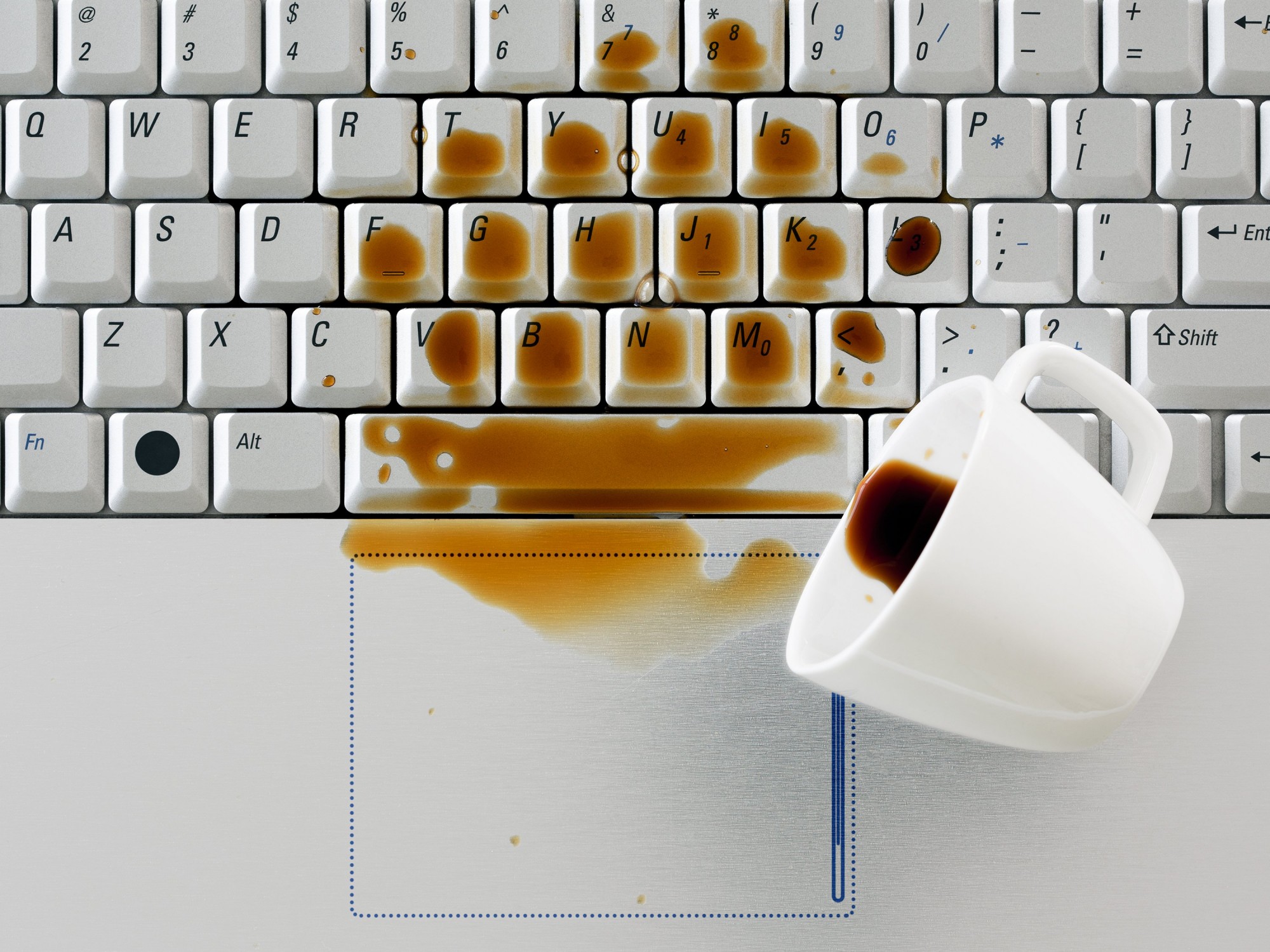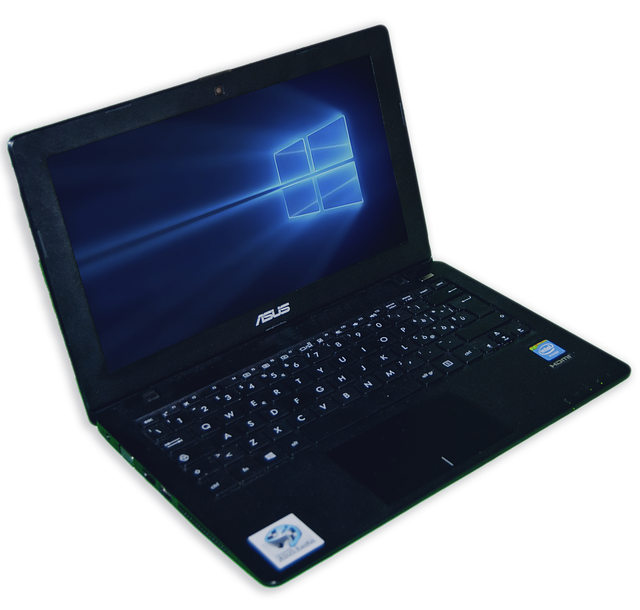Today we’re going to tell you a story…
Once upon a time there was a man called Neville. Neville worked at a busy legal practice in the heart of Leeds. Neville dealt with very sensitive data every day. Neville saved his files onto his desktop. Oh Neville…
Neville spilt a drink onto his laptop, which meant that he needed to replace the hardware. Only the files that had been saved onto the company's server could be accessed on the new laptop. All of the files on the desktop were lost. That included a deposition file, witness statement and list of appointments.

Here’s another story…
Barry is a builder. He saves all of his invoices, order forms and client contact details on his desktop. One day Barry’s laptop is stolen from his van. With no backup for desktop files, all of the content is lost.

Loss, theft and technical problems can all mean that the data on your desktop is lost forever.
And there are other reasons why the desktop isn’t the right place to store your important files and data.
Back-Up
By default most systems don’t backup files on the desktop. If you use cloud storage it also normally requires some additional settings to save your desktop to your cloud account. You’d be surprised how often people lose files, or they are corrupted and can’t be opened. If you were relying on your desktop copy as your only version of the file, there’s no guarantee you’ll be able to recover it.
PCM are able to configure back-up of desktop files, however this involves more administration and cost, as it has to be done on each individual PC or laptop, not from the central domain server.
Poor Productivity
Storing files on your desktop is very limiting in terms of organisation. You’re restricted to sorting the files by Name, Size, Date Modified or Item Type.
The more files you have saved on your desktop, the harder it is to find the file you’re looking for.
If your boss knew that you were wasting time everyday looking for the files you need they wouldn’t be impressed. And how much more productive would you be if you could find your data immediately rather than having to hunt through nondescript icons on your home screen.

Where should you save your files?
Here at PCM we’re a big fan of hybrid storage. We save our files onto our network powered by a physical server, and a cloud account. That way we can access files quickly in the office and when we’re working away. We also recommend remote data backup for your most important files, as a double-layer of security in case of loss, theft, or damage.
Date published: 13/06/2018